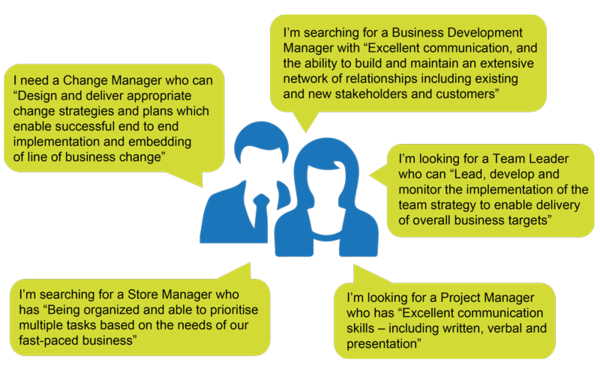Self-management, planning and people management skills have been necessary to guide teams and co-workers, along with strategic and innovative thinking, to protect and ensure business continuity and recognise potential opportunities. As highlighted in the PwC article, How to Redefine Employee Experience for the Post-pandemic World, leaders have been required to rethink processes, physical setups, and safety measures for customer-facing, factory and field workers and create a virtual workplace for remote workers.
The NAB podcast Small Business View Podcast: leadership and resilience discusses the importance of leadership and resilience skills of business owners in the pandemic climate and how they can be used to help small businesses in the wake of COVID-19.
The Australian Agriculture, Horticulture, Conservation and Land Management Industry Sector Annual Update 2021: IRC Skills Forecast and Proposed Schedule of Work report reveals with the industry disruption due to COVID-19, it has been very difficult to retain or replace workers with experience in mentoring and leadership. As COVID-19 has accelerated the rate of people exiting industries (those with ageing workforces have been particularly affected), it has left fewer workers who would normally be relied upon to assist in the development of the next generation.
Research shows Indigenous Australians will play an important role in Australia's economic recovery from the COVID-19 pandemic and longer-term economic prosperity. The National Indigenous Australians Agency report National Roadmap for Indigenous Skills, Jobs and Wealth Creation outlines how fully activating and supporting Indigenous Australians to gain the skills and confidence needed to enter into jobs, upskill into more technical, managerial and leadership positions and to establish and thrive in their careers, will be a key part of Australian businesses resolving skill and workforce shortages and the Australian economy's future growth.




